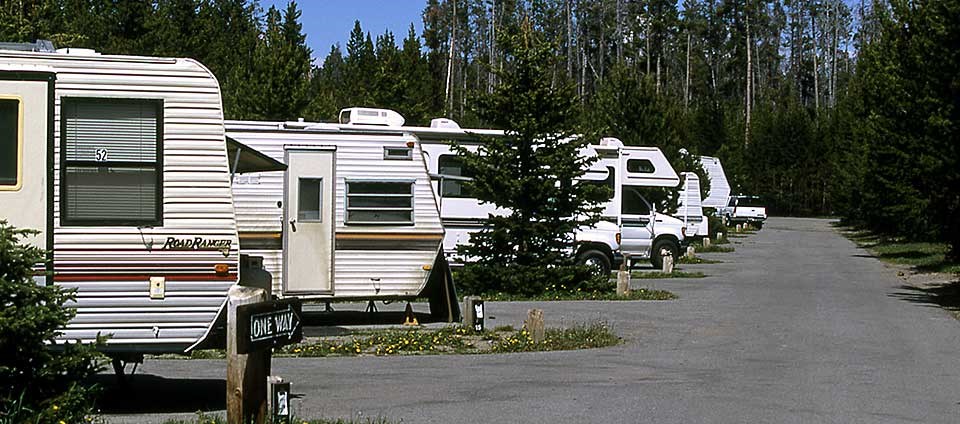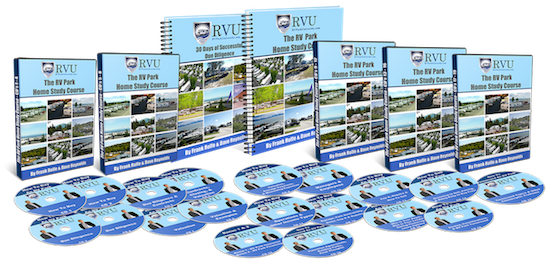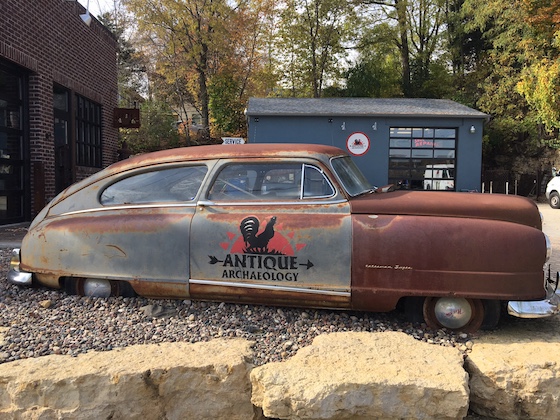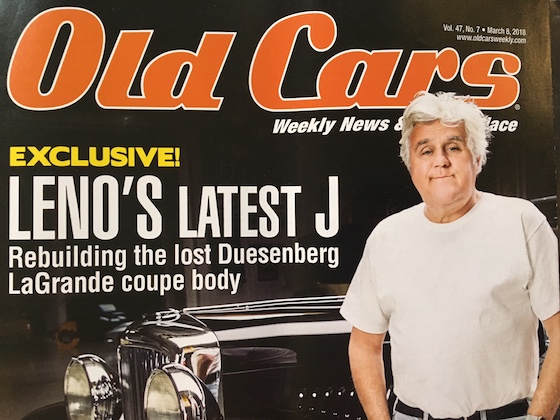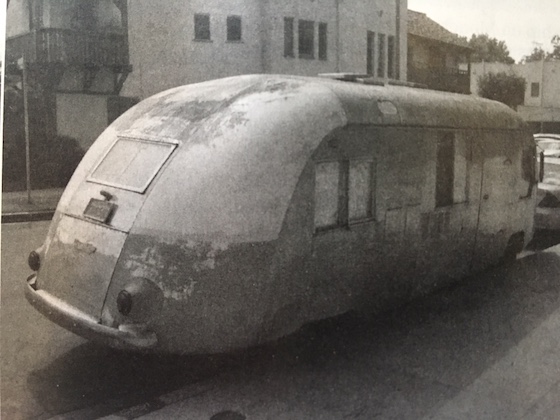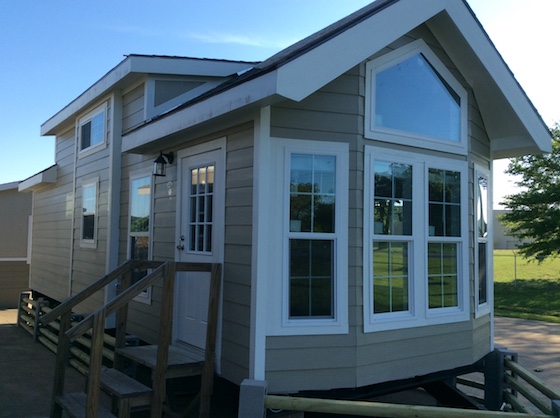So you’ve found the perfect RV park to buy. You love the location and size should fit your budget. There’s only one thing holding you back: the price. You don’t know what it will be yet. The seller says he’s interested, but the price has not been established. How do you start the process? Here are some observations and tips.
Let the seller name the price
You always want the seller to name the price for the simple reason that you hope it will come in too low. And because that is how it goes many times, the buyer typically wants to just stay silent for a few moments and see if the seller will blurt something out. One tip is to ask them “what the tax assessor say it’s worth?” because RV parks are typically notoriously undervalued for property tax. But if that does not go anywhere, it’s time for plan B.
Start low because you can’t go back
Remember that you can always go higher, but the seller will never allow you to go lower from your initial offer. So if you think the RV park is worth $500,000, then you would never want to offer $500,000. Why? Because the seller will always want to counter-offer higher. It’s called negotiation, and there are certain rules of the game that you can’t deprive the seller of. So instead you’d start at $450,000 or so, to give them room to counter and to think that they beat you on your offer.
Act like it’s too high even when it’s too low
In that example, when you offer $450,000 and they counter back at $480,000 – lower than the price you had hoped for – you would never say “OK that sounds good”. Instead, you should always pretend that the counter is way too high. You should say “ouch, that’s pretty high” to signal to the seller that they are doing a good job of negotiating and really beating you up. They like that. It also opens the door for you to counter again at a lower price.
Never say “I’ll take it”
And you would also never, ever say “I’ll take it” on their initial price offer. That’s an insult to them, as it makes them feel like they did not price the deal properly. You have to bring some Hollywood to the process and do a bit of play acting to make the seller feel like they should be proud of the job they did in negotiating the price. If you say “I’ll take it” to their initial offer, about half the time they’ll say “I’m not sure I really want to sell after all” so they can pull it back off the market and then put it on the market again with a higher price.
Have a cash vs. terms price
Here’ a tip if you’re trying to get seller financing. Instead of offering one price, offer two – one if the deal is in cash (bank financed) and the other if the seller carries the financing. Of course, the deal with seller financing is always a higher price, to encourage them to carry the paper. Many a great seller financing deal has started with this simple, but effective, mind game.
Don’t be afraid to hold firm
Some buyers feel rude to say “here’s the best price I can do” and refuse to go up any more. This is not, however, a bad negotiation tool. The seller is often looking for the highest price they can get. When you seem to be stuck and refuse to go any higher, they often seize the moment and stop trying. If you keep being agreeable at every price increase, they will think there is no limit and just keep on going until the price is impossibly high.
Bond with the seller
This is one of the biggest tools that exists in negotiating to buy an RV park: bonding with the seller. Basically, becoming their friend and having them like you. People naturally prefer to sell their properties to people that they like and respect. So spend time with them and do your best to be someone that it’s easy to sell to. Talk to them at length on the phone or in person. Always call them back promptly and never be late to a meeting.
Have a higher authority to buy time
A valuable tool for negotiation is to buy yourself some additional time to contemplate things. And an easy way to do this is to have a partner or group you have to get permission from. If you are buying the RV park on your own, it might not hurt to invent an “imaginary” partner to bounce things around with. That way you can tell the seller “that price works, let me get with my partner” and it gives you an out as well as extra time to consider the offer.
“No” is not an end but a beginning
When a seller says “no” they are not bringing the topic to an end, but only a new beginning. Many sellers initially say “no” and then later change their mind. It could be triggered by health problems, divorce, or just growing tired of running the RV park. But never take “no” for an answer. Just say “OK, I understand, but can I call you again in a month to touch base?” The seller will always say yes, and then you start all over again. We have bought deals in which we had been talking to the seller for years.
Stick with a win/win approach
If you asked what the most important trait is of good negotiation, it would have to be adopting and following a “win/win” approach to the process. That means that both the buyer and seller get a good deal and are happy with the result. We have learned that it’s fruitless to try and engage in win/lose negotiating (in which the buyer gets the seller in a corner and then lowers the price to take advantage) for the simple reason that most RV park sellers have no debt or financial strain and you simply can’t back them into a corner. Plus, it’s just not the right way to conduct business.
Get in the zone with America Pickers and Pawn Stars
If you want to get real-life practice every week, watch two shows on the History Channel: Pawn Stars and American Pickers. You will see all of the strategies listed above in every episode. It’s just non-stop back-and-forth negotiation on a huge number of items, and is probably one of the best studies of negotiation ever put on television.
Conclusion
Negotiating an RV park may seem awkward. There are no such classes in school. But the above tips will get you started on the right foot, and your good judgement will take it from there.

